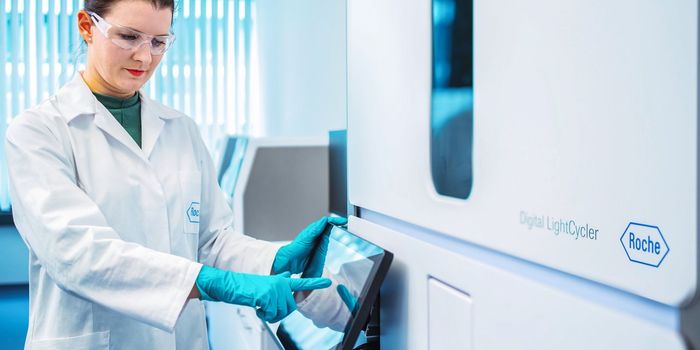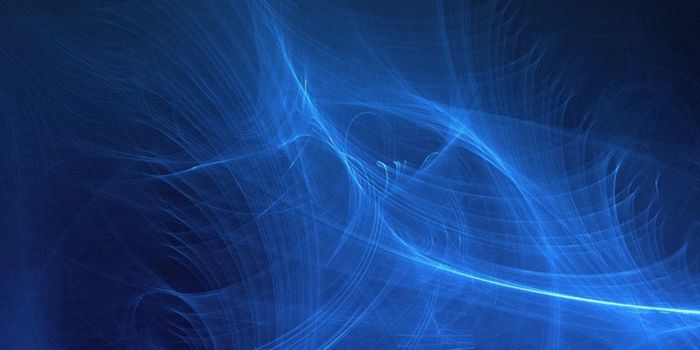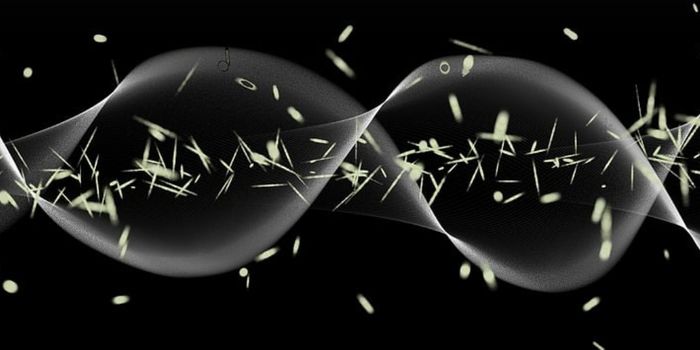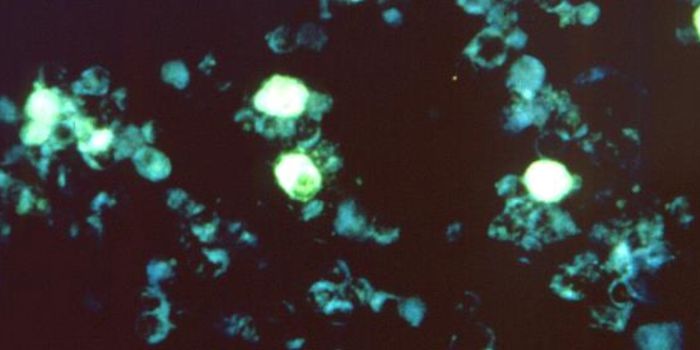A Pair of Genomes is Best
People carry two sets of each chromosome, so our cells carry a pair of genomes; we are diploid. Researchers have now learned more about why a cell is destabilized by the presence of more or less than chromosome pairs. This work will help scientists understand the instability of chromosomes in cancer cells, which carry chromosomes with structural abnormalities, and irregular numbers of chromosomes. The study was reported in the Journal of Cell Biology.
Most mammals have diploid cells with pairs of chromosomes. When cells are in a non-diploid state, the cell can become dysfunctional and unstable; it can cause abnormalities and disease, including cancer. An exception is cells that are involved in sexual reproduction; egg and sperm cells carry only one copy of the genome; they are haploid. Another exception is cancer, which can exist in the haploid or tetraploid state, in which they have four sets of chromosomes. When cells are not diploid, they are unstable, but it was not known why.
For this work, the researchers used cells lines that were haploid, diploid, or tetraploid to look at how each cell type behaved as division occurred. Two centrosomes are important players in cell division, regulating the process. They orchestrate microtubules, which separate chromosomes.
A gradual loss of centrosomes and microtubules was observed in haploid cells, while in tetraploid cells, centrosomes were often duplicated too much, and there were too many microtubules. That seriously disrupted cell replication. It’s known that aberrant levels of microtubules can impact centrosome duplication, and can result in the loss or gain of centrosomes. DNA replication remained constant regardless of the ploidy state of the cell.
"Incompatibility between centrosome duplication and the DNA replication cycle could be the underlying cause of the instability in non-diploid cells in mammals," noted senior author Ryota Uehara of Hokkaido University. "Our findings could help understand chromosome instability in cancer cells, which are often in a non-diploid state, and lead to new cancer treatment strategies."
Learn more about diploid and haploid cells from the video above by Bozeman Science.
Sources: AAAS/Eurekalert! Via Hokkaido University, Chromosomal Research, Journal of Cell Biology









